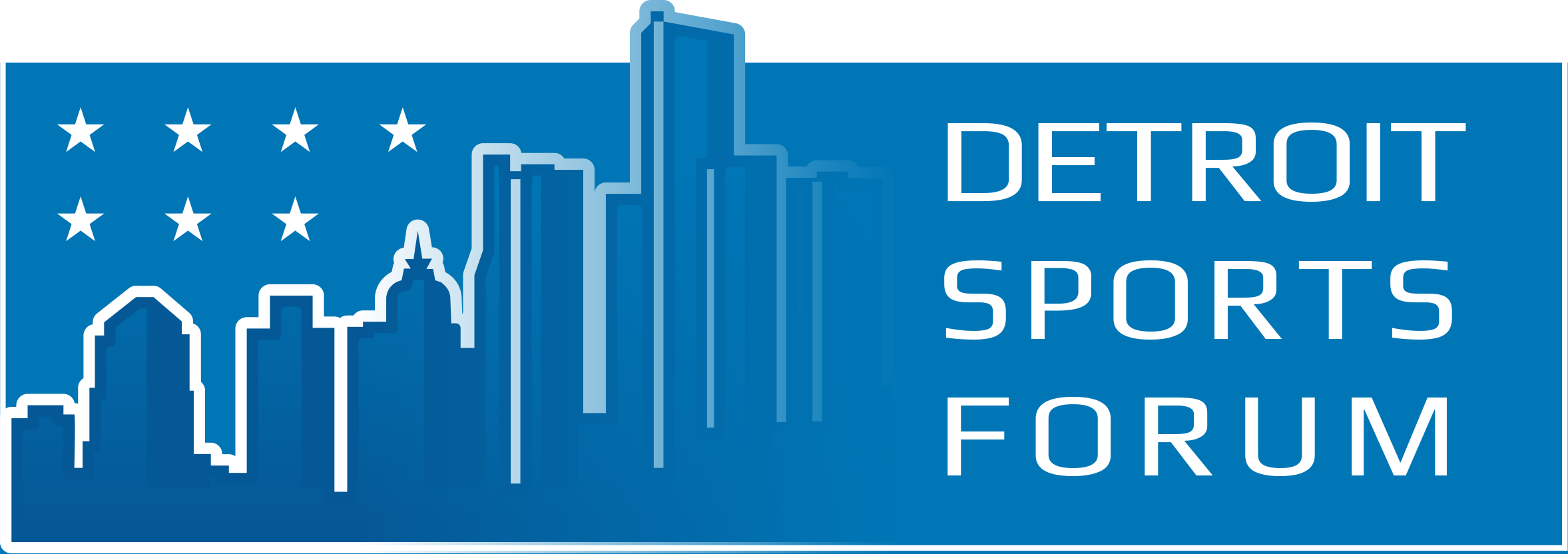byco42
Senior Member
- Joined
- Sep 17, 2011
- Messages
- 16,152
:bs: Did Leyland ask Joyce..and the head up..? Uh huh. Did they talk it over, no way Jose.
That's a call that would not have been reversed by any umpire on sight. it can't be. The only thing that another umpire could judge on a force out is if the infielder's foot is on the base, or if he had possession of the ball. Not on the judgement of whether a runner or batter-runner was out or safe.
My example was slightly more obvious, and could have been appealed. It helps to know the rules.
Last edited:




